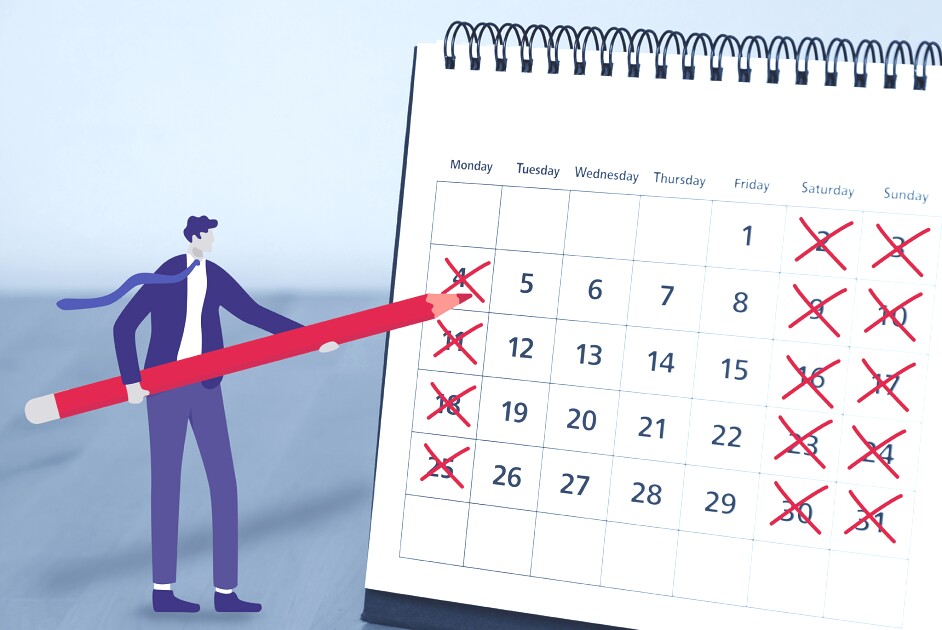Although the nation’s first universal statewide voucher program has now passed the Utah legislature and been signed into law by Gov. Jon Huntsman Jr., its legal future is anything but certain.
“We’re very, very concerned about the program, not just from an education policy standpoint, but from a legal standpoint,” said Judith E. Schaeffer, the associate legal director for the People for the American Way, a Washington-based liberal advocacy group that has challenged the constitutionality of voucher programs elsewhere.
Her group is one of several that are considering filing suit on the grounds that the new law violates a provision of the Utah Constitution barring aid to schools controlled by religious organizations.
But proponents of the program—which would offer tuition vouchers ranging from $500 to $3,000 per year, based on family income, to any student who wanted to attend a private school—contend that the new program will survive legal scrutiny and join a more limited voucher program in Utah that, so far, has not been challenged.
“We’re confident that [the program is] constitutional and confident that it will pass legal scrutiny,” said Elisa Clements Peterson, the executive director of the Salt Lake City-based Parents for Choice in Education, which plans to work with the Utah attorney general’s office to defend the program if a lawsuit is filed.
Ms. Peterson said that she expects litigation as “par for the course” for parties that traditionally oppose school vouchers, such as teachers’ unions, public school administrators’ organizations, and parent-teacher groups.
Open to All
The new program, signed into law Feb. 12 by Gov. Huntsman, a Republican, is to start at the beginning of the next school year. State analysts predict that Utah will pay out a total of $9.3 million to about 3,000 interested students in the first year. Students now attending private schools will not be eligible unless they are from low-income families that qualify for free or reduced-price lunches. (“Utah’s Broad Voucher Plan Would Break New Ground,” Feb. 14, 2007.)
The program represents a significant victory in the eyes of voucher advocates nationally. In other states, voucher programs have been aimed at specific student populations, such as those who have special needs, attend failing schools, or live in a particular city.
In Utah, students with disabilities have since 2005 been able to receive up to $5,700 each for private school tuition. In the 2005-06 school year, 138 students participated. That program has not been attacked in court, though voucher opponents have not ruled out such a move.
Though members from several interested parties told Education Week that a lawsuit was in the works, none would go on the record late last week.
However, the Utah Education Association’s government-relations specialist, Vik Arnold, was quoted in the Deseret Morning News, a Salt Lake City-based newspaper, earlier in the week as saying that the Utah Public Education Coalition, which includes the state’s teachers’ union, school boards’ association, society of superintendents, parent-teacher organization, and other groups, was “reviewing legal strategies and options.”
At issue, opponents say, is a provision in the state constitution, much like those in other states, that prohibits the state from making “any appropriations for the direct support of any school or educational institution controlled by any religious institution.”
If the state gives families money to use at private schools, it’s “unquestionable that some of those will be religious schools,” Ms. Schaeffer of People for the American Way said.
‘Neutral Program’
About 15,000 students are enrolled in approximately 100 private schools in the state, of which more than half are religious. Utah’s relatively small private school sector—enrolling just 3 percent of the school-age population, compared with 10 percent for the national K-12 population—is attributed to the fact that some 60 percent of its 2.5 million residents are members of the Church of Jesus Christ of Latter-day Saints, which doesn’t operate any schools in the state.
Chip Mellor, the president and general counsel of the Institute for Justice, an Arlington, Va.-based legal firm that defends voucher programs in court, said that Utah’s new voucher plan is a “neutral program that neither favors nor disfavors religion,” since parents, not the state, choose which schools receive the money.
His organization successfully argued the U.S. Supreme Court case that upheld Cleveland’s state-enacted voucher program for low-income students. That 2002 decision found that the program did not violate the U.S. Constitution because it allows “individuals to exercise genuine choice among options public and private, secular and religious.”
Ms. Schaeffer said that while the new Utah program may pass federal muster, it violates the state constitution because religious schools would still end up receiving state funds.
“The state constitution says what it says for a reason,” she said.
In the absence of a legal challenge, at least for the time being, the Utah Office of Education plans to go ahead with the program, said Carol Lear, the agency’s director of school law and legislation. Under the law, the agency is required to have the program’s rules in place by May 15 so that it can begin in the 2007-08 school year.







